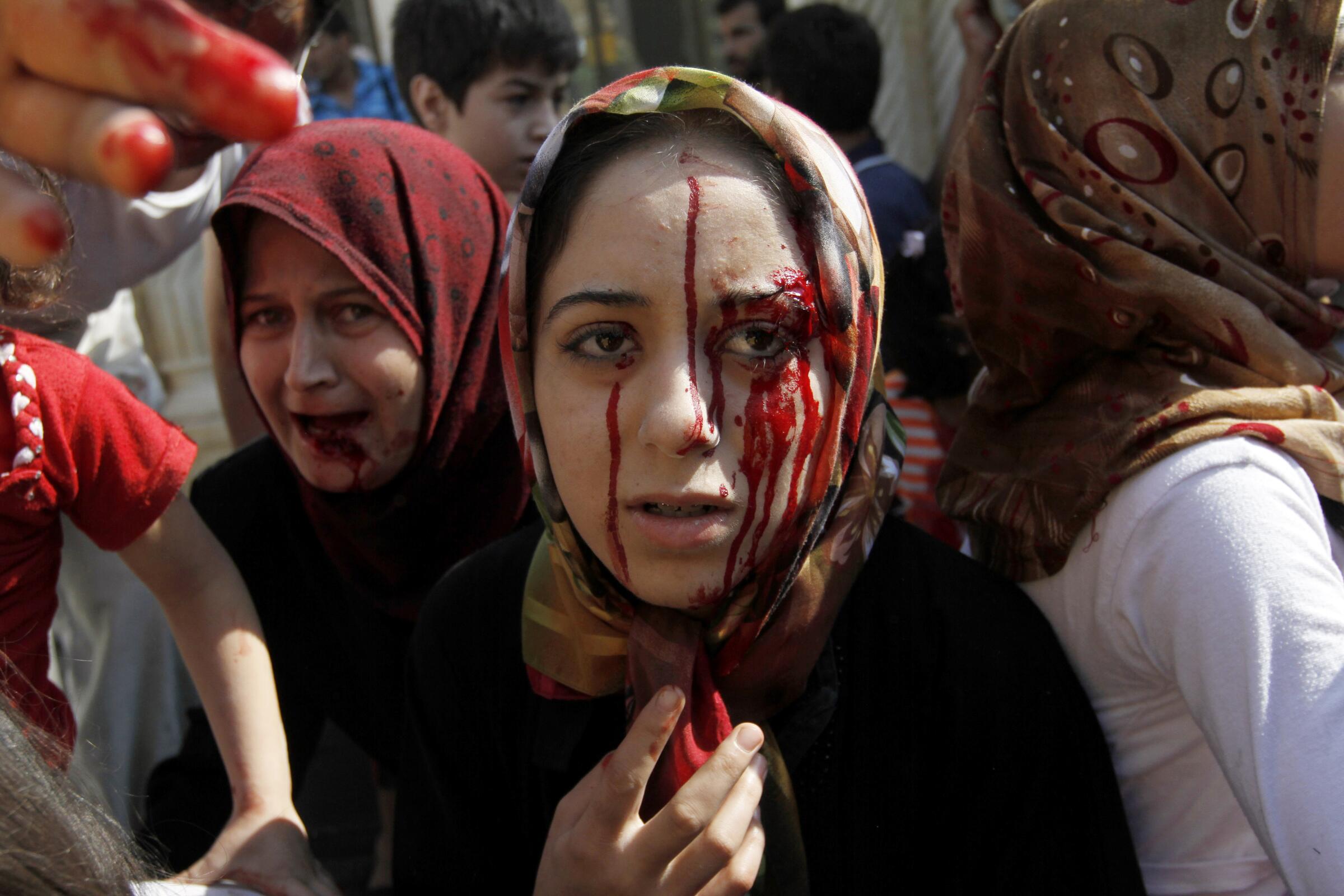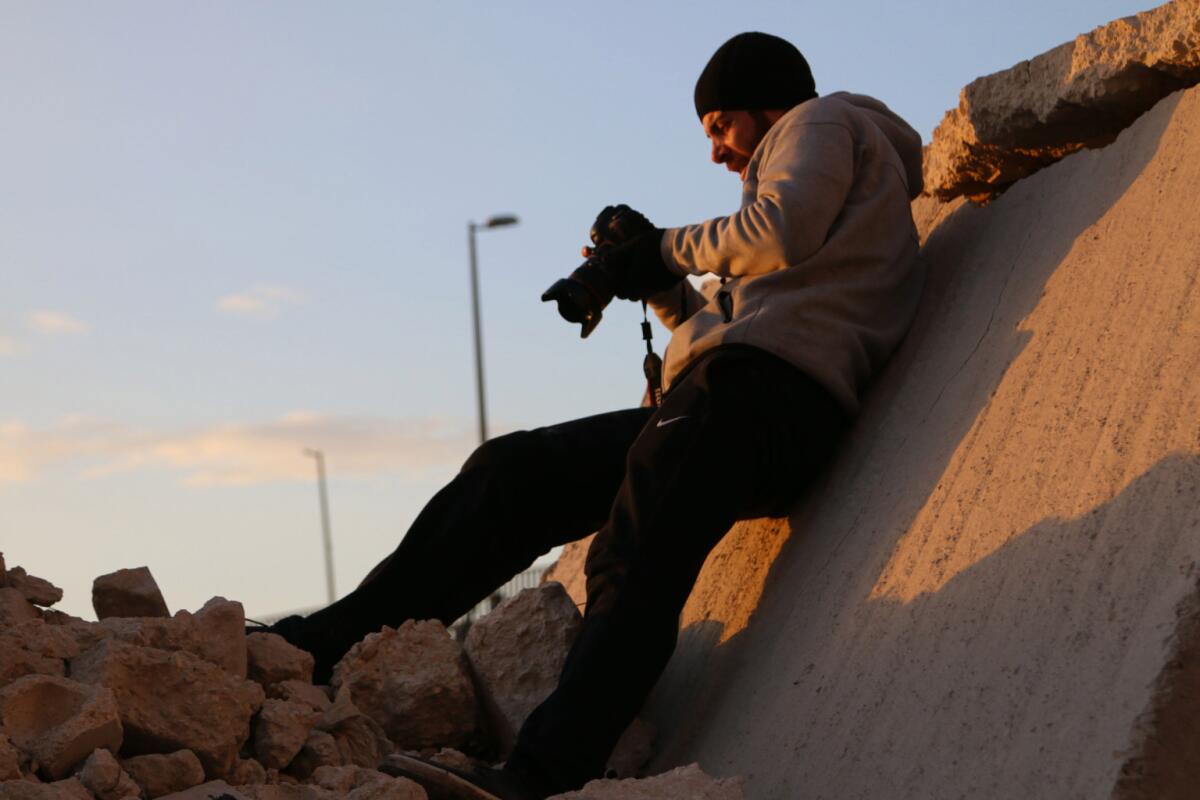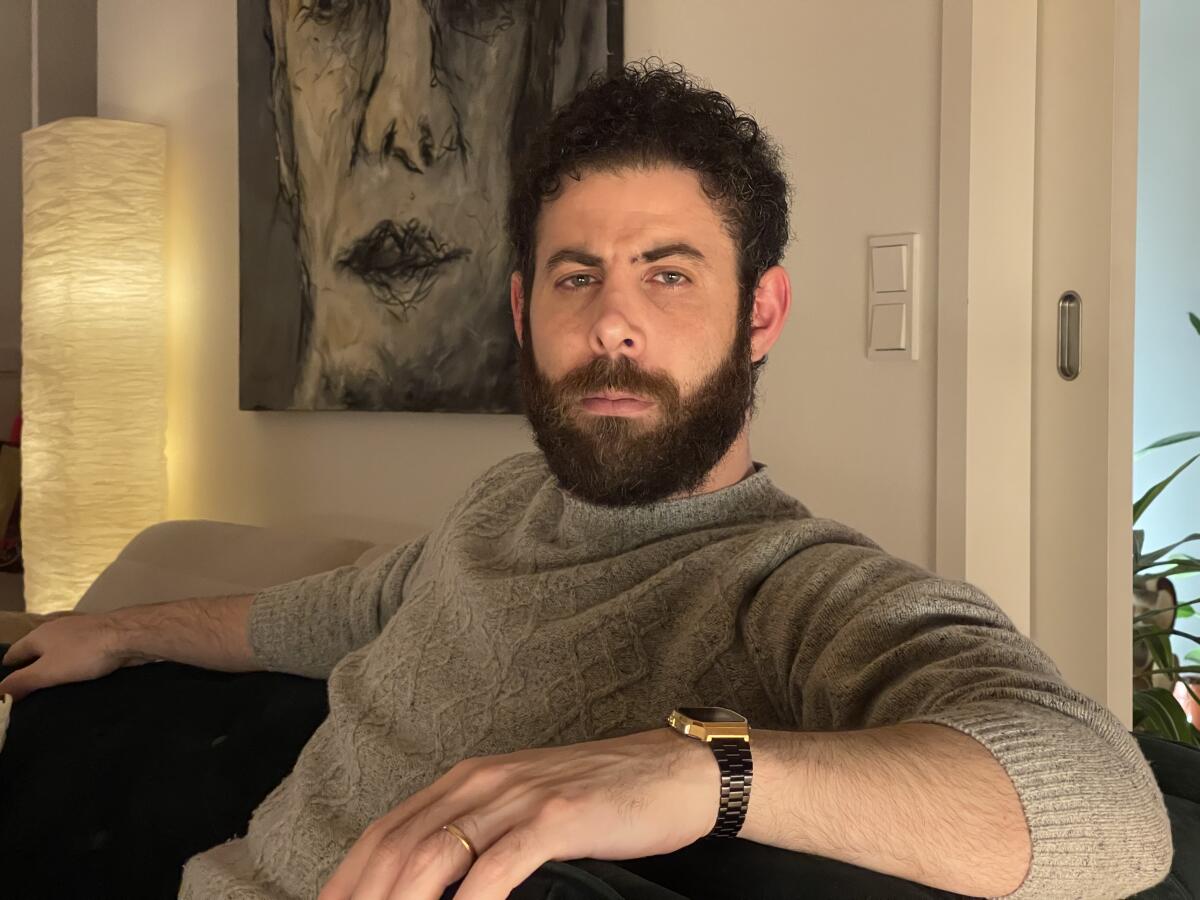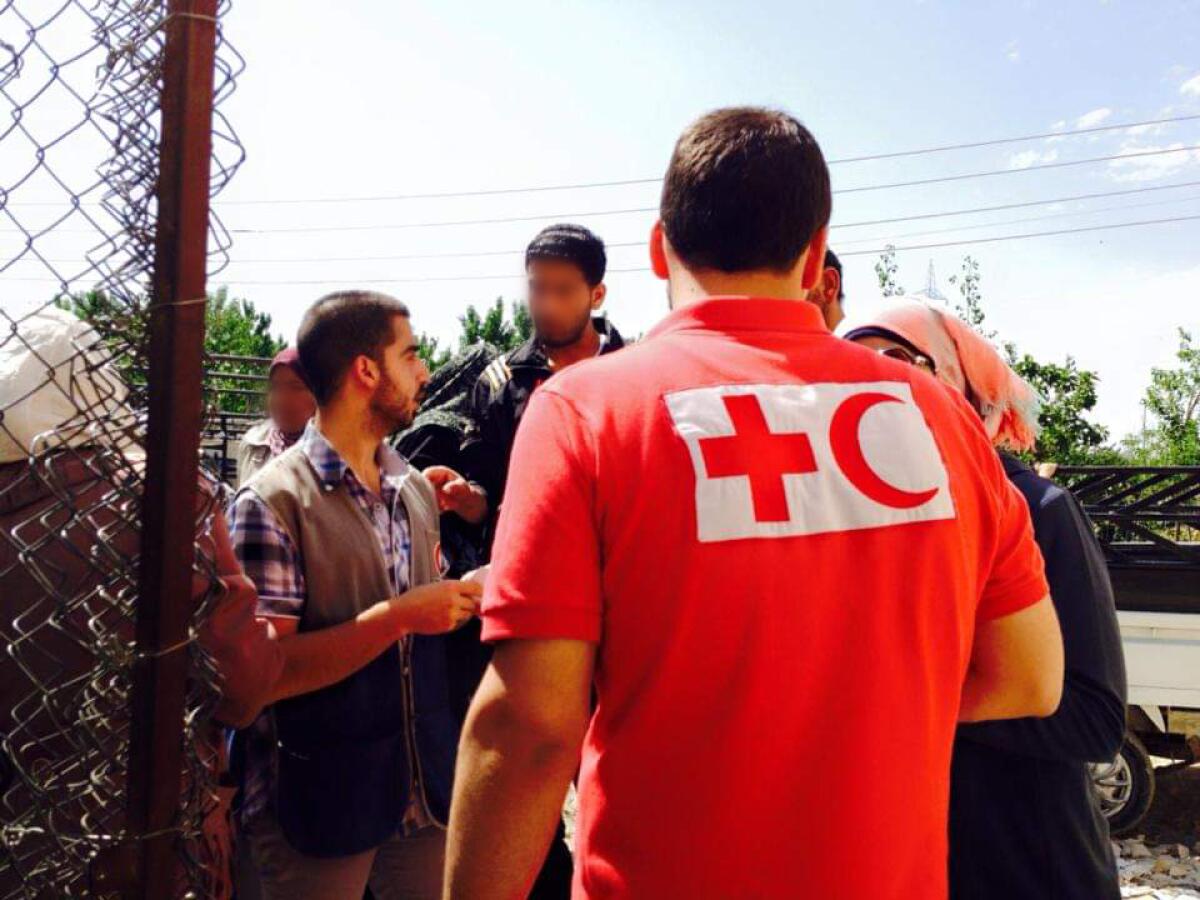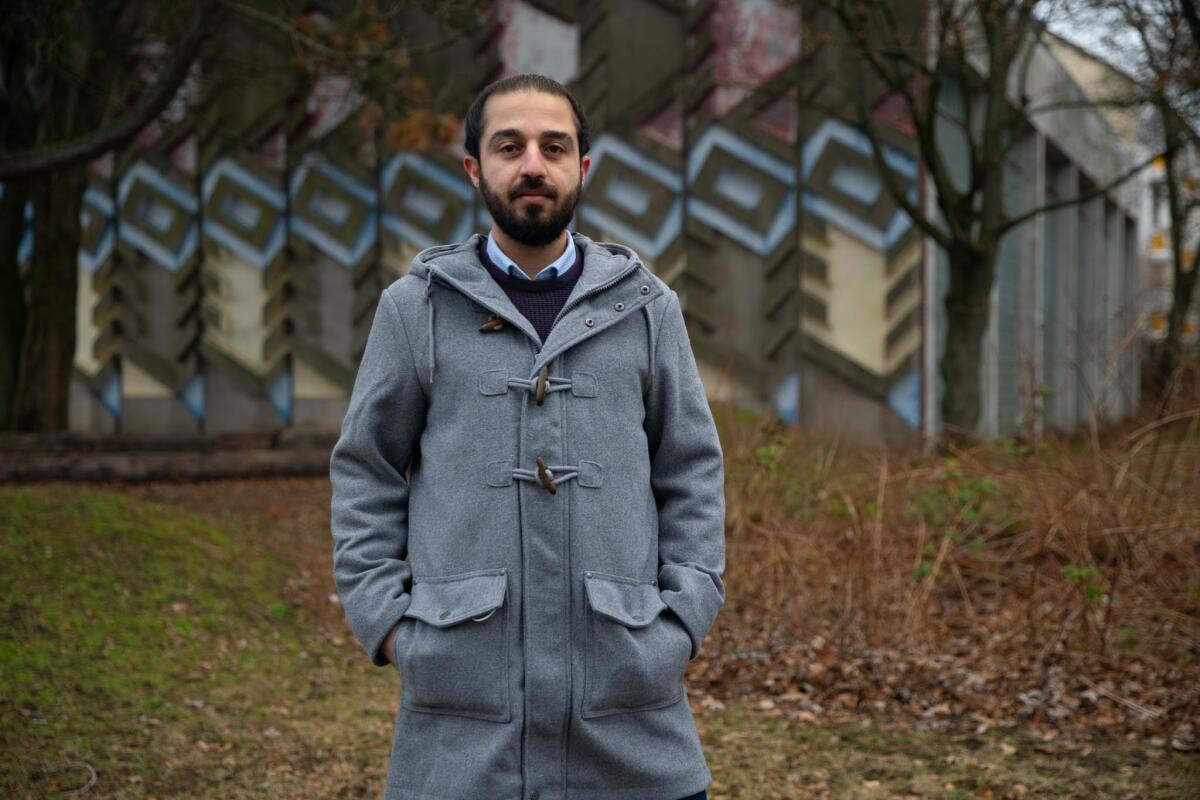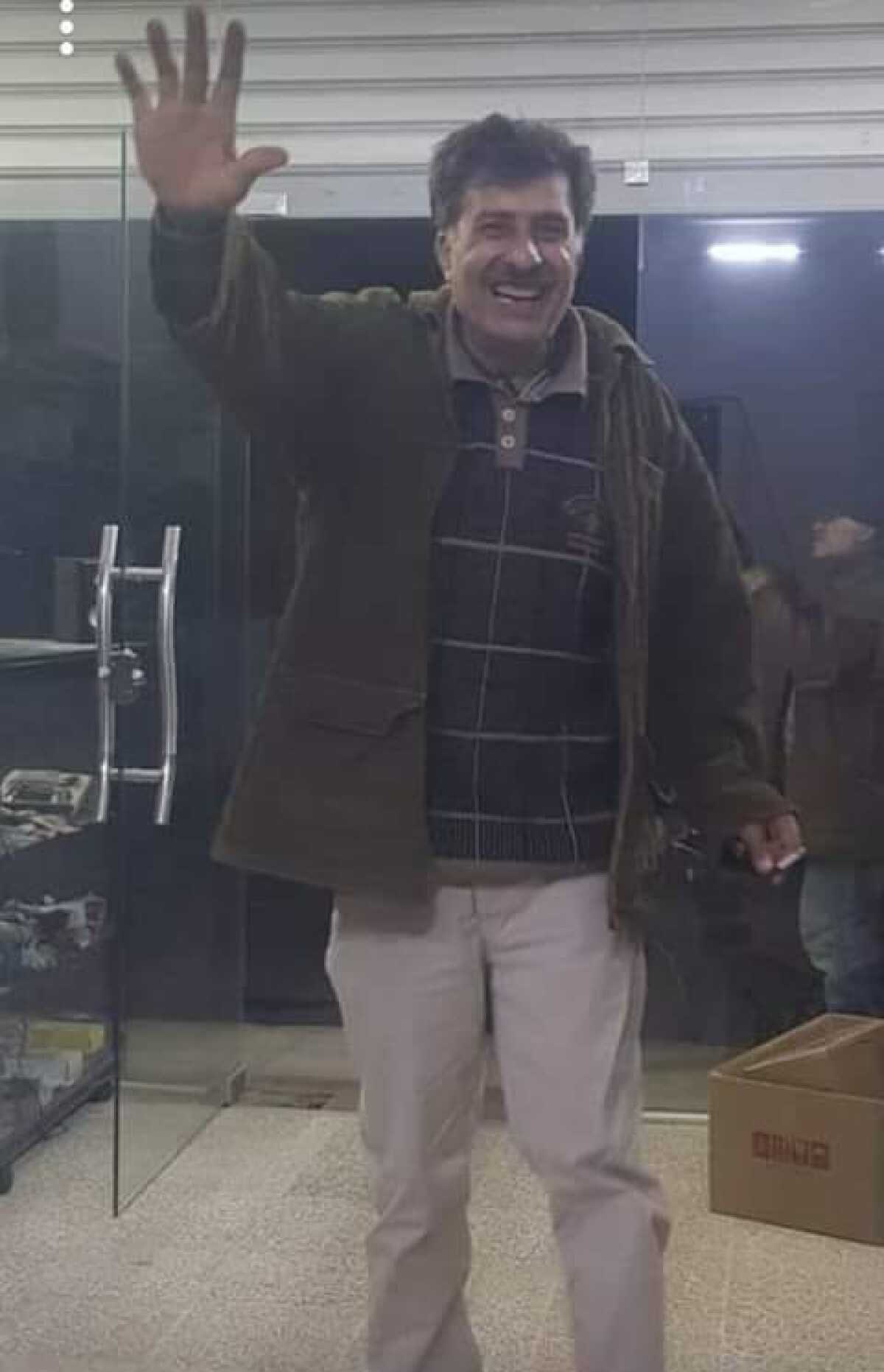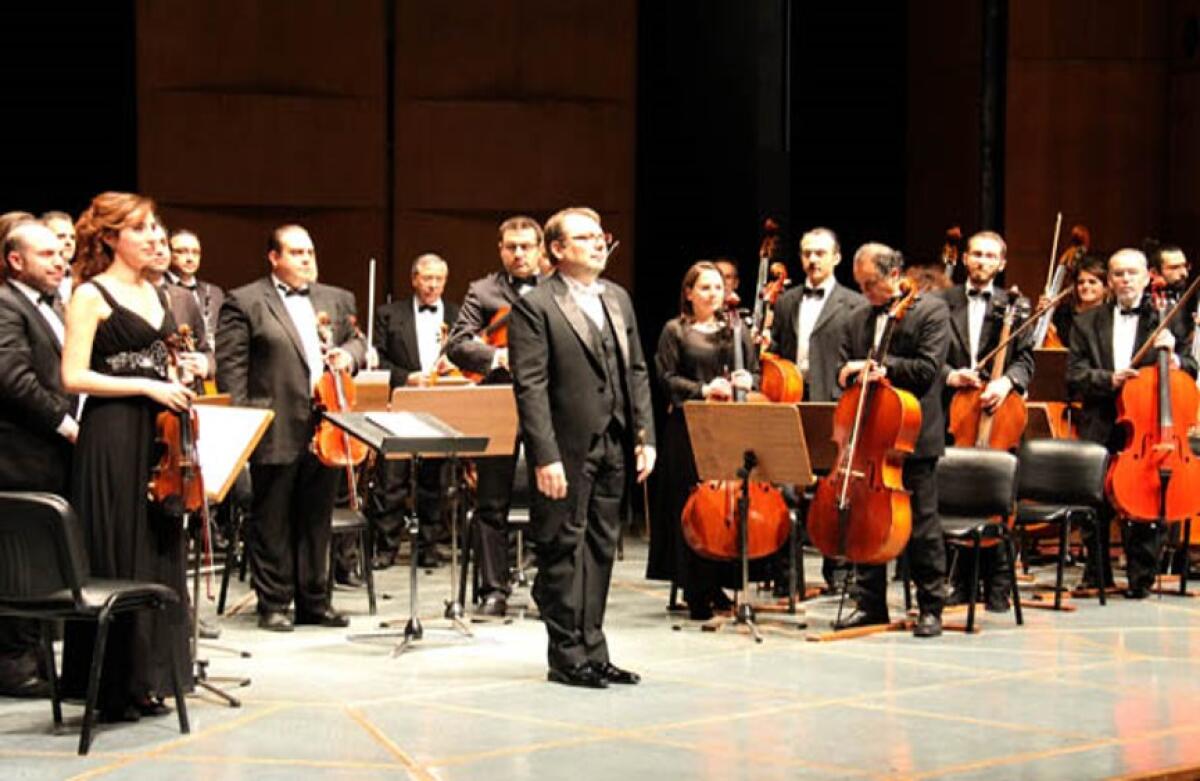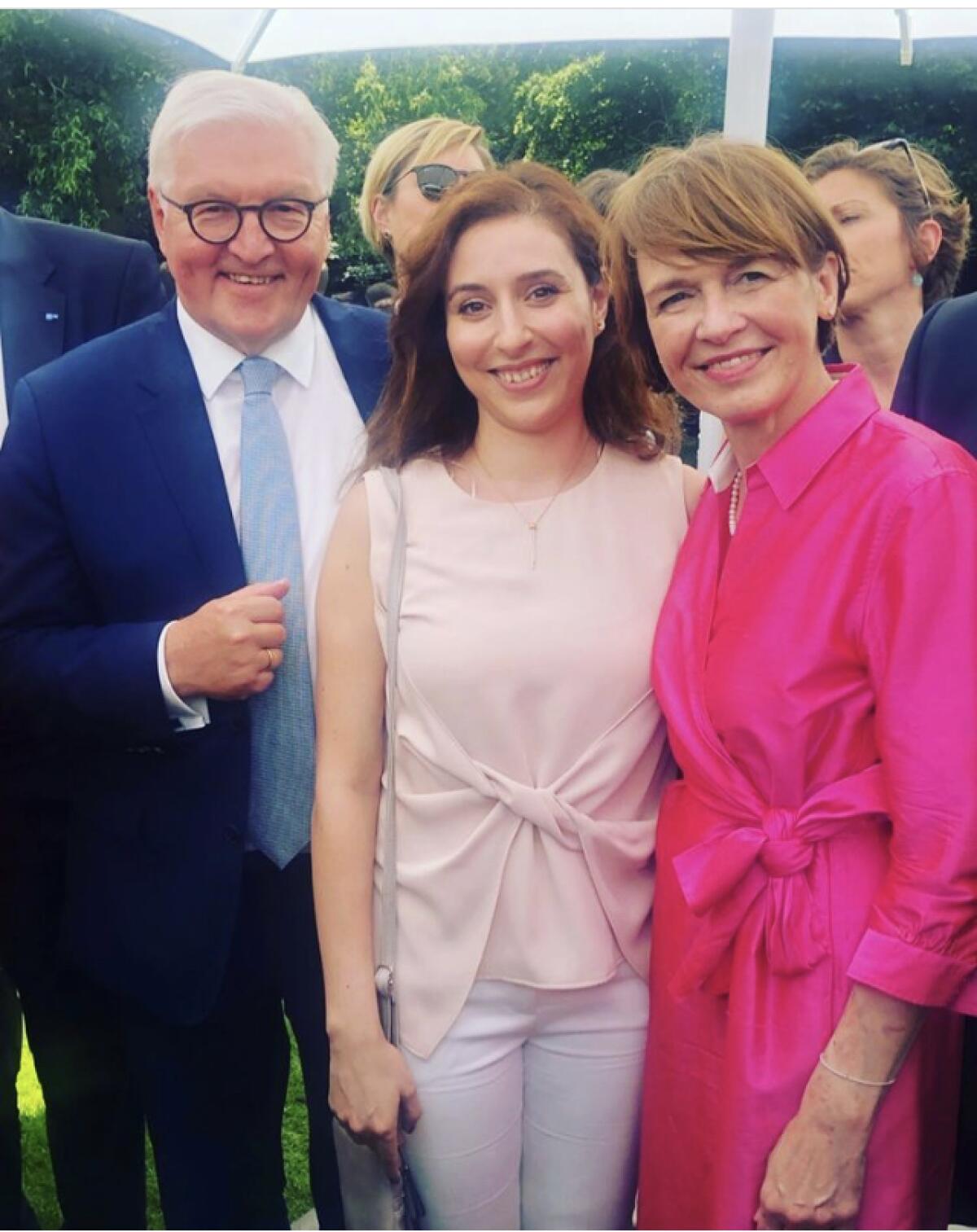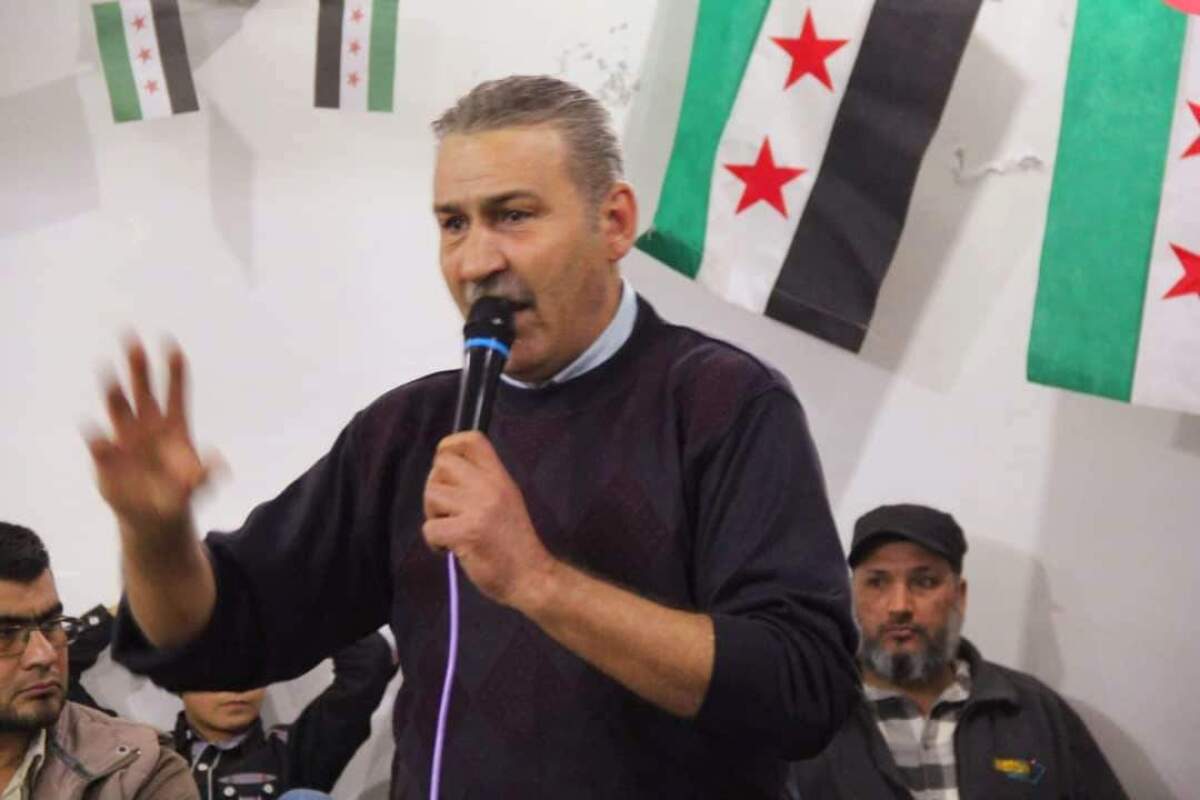BEIRUT — It started small. On a Tuesday afternoon a decade ago, a few dozen Syrians gathered in Damascus’ Old Quarter calling for an end to the 40-year Assad dynasty.
In the days that followed, the protest grew. Anti-government demonstrations had already engulfed Tunisia, Egypt, Libya and Bahrain in a wave quickly dubbed the Arab Spring. Now it was Syria’s turn. As unrest fanned out to other cities, commentators seemed sure that another sclerotic military-backed regime would fall.
Instead, what started as a popular revolution metastasized into civil war. Now, 10 years later, the catastrophe in Syria serves as a bleak example of possibility and hope crushed by conflict, chaos and the seemingly impossible price of change.
Relying on a mix of brute force against his own people, assistance from Russia, Iran and other allies, and missteps by his adversaries, Syrian President Bashar Assad remains in power.
“We didn’t succeed in bringing down the regime,” Yassin Al-Haj Saleh, a prominent Syrian writer and longtime opponent of Assad’s government, said in a recent interview over the social media app Clubhouse. “There’s [still] a Syrian cause, but we lost the Syrian revolution.”
Assad’s “victory” has come at the cost of anywhere from 400,000 to 1 million of his compatriots killed (the U.N. stopped counting years ago); millions more scattered as refugees across Europe and elsewhere; tens of thousands of people disappeared, many of them presumed tortured and killed in government prisons; and a resurgence or emergence of extremist Islamist groups, including Al Qaeda and Islamic State.
The war’s destruction could cost $1 trillion to repair — a sum that Assad, slapped with sanctions and reviled by many in the international community, has no hope of raising.
And his oft-repeated vow to claw back all lost territory has not come to pass. The country remains fractured, with Turkey, Russia, Iran and the U.S. commandeering chunks of Syrian land — with the Syrians still on it — for their own political or security ends.
“It’s no longer a country, but a collection of people in the same spot of earth,” one Syrian activist lamented.
Another said there wasn’t just one Syria now but many, including the diaspora that has spread across the world — and that harbors little hope of returning home.
Five Syrians, two of them still inside the country, reflected on the last 10 years in conversations with The Times. Most deem the decade a bitter disappointment, but still glimpse hope for the future. True change, many believe, will need a generation or two.
These interviews were edited and condensed for clarity.
